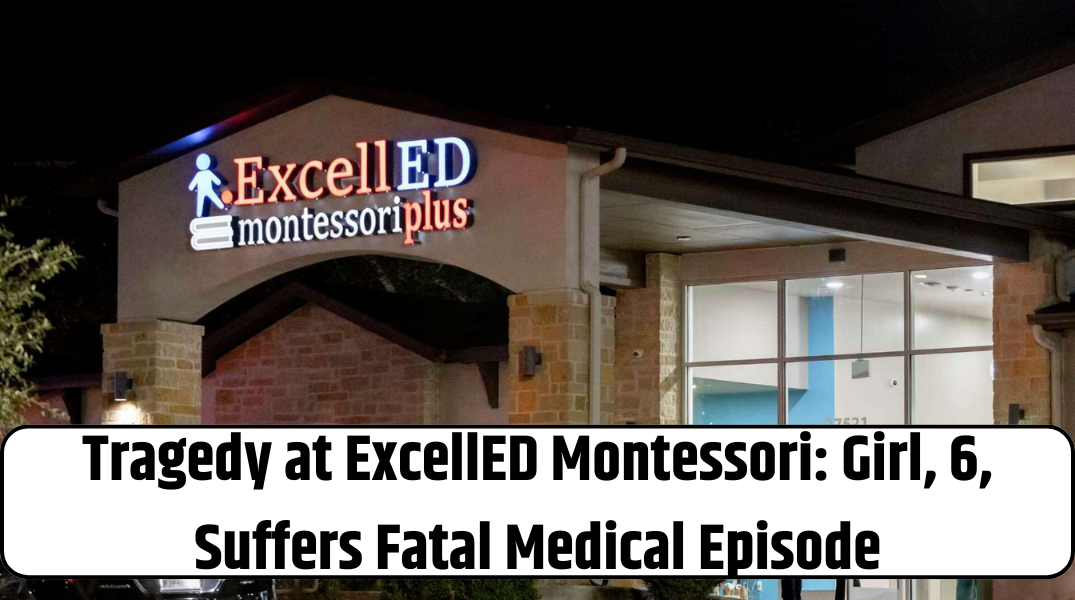BEXAR COUNTY, Texas — A summer-program pupil at ExcellED Montessori Plus near Fair Oaks Ranch was pronounced dead Friday after staff discovered her unresponsive in a restroom and launched immediate CPR until first-responders arrived. The child, 6, was rushed to University Hospital but could not be revived. Investigators say no foul play is suspected; the girl reportedly had a history of seizures and other health issues.
“You never expect to plan a child’s funeral,” Bexar County Sheriff Javier Salazar told reporters while confirming that all other students were safe and accounted-for. Deputies and San Antonio police remained on the scene for several hours to document what Salazar called “a very unfortunate incident that appears entirely medical.”
School’s Second Calamity in Six Months
Friday’s loss comes less than a year after a deadly parking-lot crash at the same campus on Dec. 19, 2024, when a parent’s SUV lurched forward and plowed through a playground fence. That wreck killed 22-year-old teacher Alexia Rosales and, weeks later, 1-year-old Mkaya Amrani; four other children were injured.
Also Read – What School Leaders Discovered from Talking to Families About Absenteeism
Campus Response
ExcellED administrators said the child’s medical condition was known to staff and that their emergency-care training “kicked in immediately.” The school is offering grief counselors to families and employees.
Something Interesting: Texas Tightens the Safety Net
This tragedy lands just days after state lawmakers passed the “Landon Payton Act,” which requires more school personnel—public, charter and private—to hold up-to-date CPR and automated external defibrillator (AED) certification. The bill is named for a Houston eighth-grader who died when the nearest AED malfunctioned; an audit later showed one in six AEDs district-wide were broken or expired.
Although the new law doesn’t earmark extra funding, safety advocates say it could push private campuses like ExcellED to purchase newer devices, conduct annual drills, and create formal cardiac-response plans—steps experts say can double survival odds in sudden pediatric emergencies.
What Parents Can Do
-
Ask about equipment: Inquire whether your child’s school has a working AED and where it’s located.
-
Verify training cycles: CPR/AED certificates generally expire every two years; ensure staff renewals are logged.
-
Update health files: Provide detailed, written care plans if your child has epilepsy, severe allergies, or cardiac issues.
As the ExcellED community mourns its second heartbreaking loss in six months, the broader conversation about medical preparedness in Texas schools grows louder—a reminder that minutes, and sometimes seconds, make all the difference.












